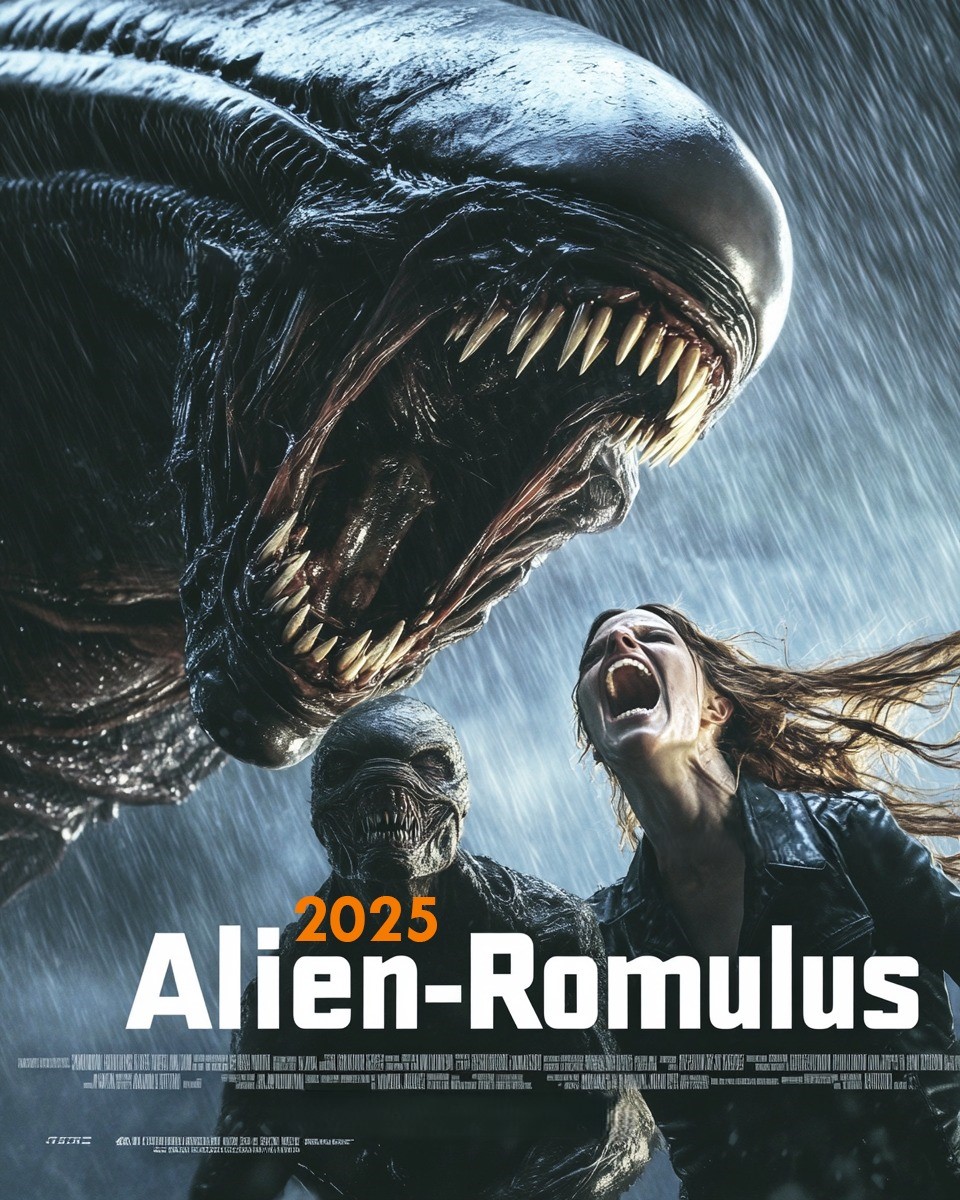Taylor Swift will take to the stage in London on Thursday, resuming the world’s biggest ever concert tour amid tightened security after a foiled Islamic State-inspired attack forced the cancellation of her Vienna dates last week.
British police have said there is nothing to indicate that events in Vienna would impact the five appearances at Wembley Stadium, where 90,000 “Swifties” are expected to cheer her on each evening. However, security is set to be tight.
Tay-gating, the practise of gathering outside a Taylor Swift show without a ticket, like thousands did in Munich earlier in the summer, will not be allowed, as authorities try to reduce harder-to-control vulnerabilities outside the venue.
Fans at Wembley will enter through metal detectors and are only allowed to bring one small bag. Glass and metal containers, laptops and umbrellas are all banned.
“Anyone hanging around outside the stadium will be moved on by security,” Wembley said on its website.
Swift, 34, has previously said her biggest fear was the risk to her fans following two attacks at music events in 2017 — a Las Vegas shooting and a suicide bombing at an Ariana Grande concert in Manchester, England, that prompted a rethink of the way British authorities police major shows.
She said the attacks had made her “terrified” of going on tour and prompted additional planning and safety measures.
“We have to live bravely in order to truly feel alive, and that means not being ruled by our greatest fears,” she said in 2019.
The “Cruel Summer” singer will return fuelled by the positivity, heartfelt lyrics, friendship bracelets and sequined outfits that have made her a global megastar.
She performed in Britain in June to sell-out crowds that included heir-to-the-throne Prince William and two of his 𝘤𝘩𝘪𝘭𝘥ren, plus Keir Starmer, who has since been elected prime minister. London also published a special Taylor Swift tube map of her song titles.
Her ‘Eras’ tour is set to gross over $1 billion in revenue, the first to do so, from 149 shows over two years. The last performance will be in Canada in December.
RETURN TO BRITAINSwift’s return to Britain could be emotional after recent events.
People view a mural of Taylor Swift painted next to Wembley Stadium as they attend the Community Shield football match, ahead of Swift’s first live performance since her concerts in Vienna were cancelled after a security threat was uncovered, in Wembley, London, Britain, August 10, 2024. REUTERS/Toby Melville/File Photo Purchase Licensing Rights, opens new tab
On July 29 three young 𝘤𝘩𝘪𝘭𝘥ren were 𝓀𝒾𝓁𝓁ed at a Taylor Swift-inspired dance class in Southport, northern England. Swift told her 284 million Instagram followers that she was “completely in shock” over the “loss of life and innocence”.
She has not said anything on the Vienna cancellations.
Security experts said British authorities had learnt from the Manchester attack, which 𝓀𝒾𝓁𝓁ed 22 people including young 𝘤𝘩𝘪𝘭𝘥ren, with police, venue security and organisers working as one to protect a venue.
Chris Phillips, former head of Britain’s National Counter Terrorism Security Office and now a security consultant to major events, said Wembley benefited from being a permanent venue.
“They employ a lot of security teams,” he told Reuters. “Wembley is as safe as you’re going to get.”
Experts said they expected staff to be re-vetted after a suspect in Vienna secured a job providing services at the stadium there.
Noah Price, international academy director at security group G4S, said there would be “enhanced levels of protection at the venue”, with staffing patterns closely monitored.
“The insider threat is actually the most prevalent (…) because it has unfettered access,” he said.
“You’ve got to look at unusual behaviour,” he added. “People turning up earlier or leaving later. Look at the access control logs.”
Tim Gallagher, chief security officer with global investigations firm Nardello & Co, agreed that it was “extremely troubling” a Vienna suspect was employed by a company working at the venue, and said staff at Wembley would likely be re-vetted.
Don Erickson, chief executive of the Security Industry Association, said visible measures, such as scanners, would be complemented by intelligence and tech-like video surveillance.
“It’s balancing the safety and the security versus the fan experience,” he said. “But they’re not mutually exclusive, you can accomplish all of it.”
Wembley made the point to Swifties in a language they would understand: “Read all the information provided and take note of what you can and can’t do. Don’t Shake It Off as not important.”
The Reuters Daily Briefing newsletter provides all the news you need to start your day. Sign up here.
Reporting by Paul Sandle and Millie McCaughan; Writing by Sarah Young; Editing by Crispian Balmer





